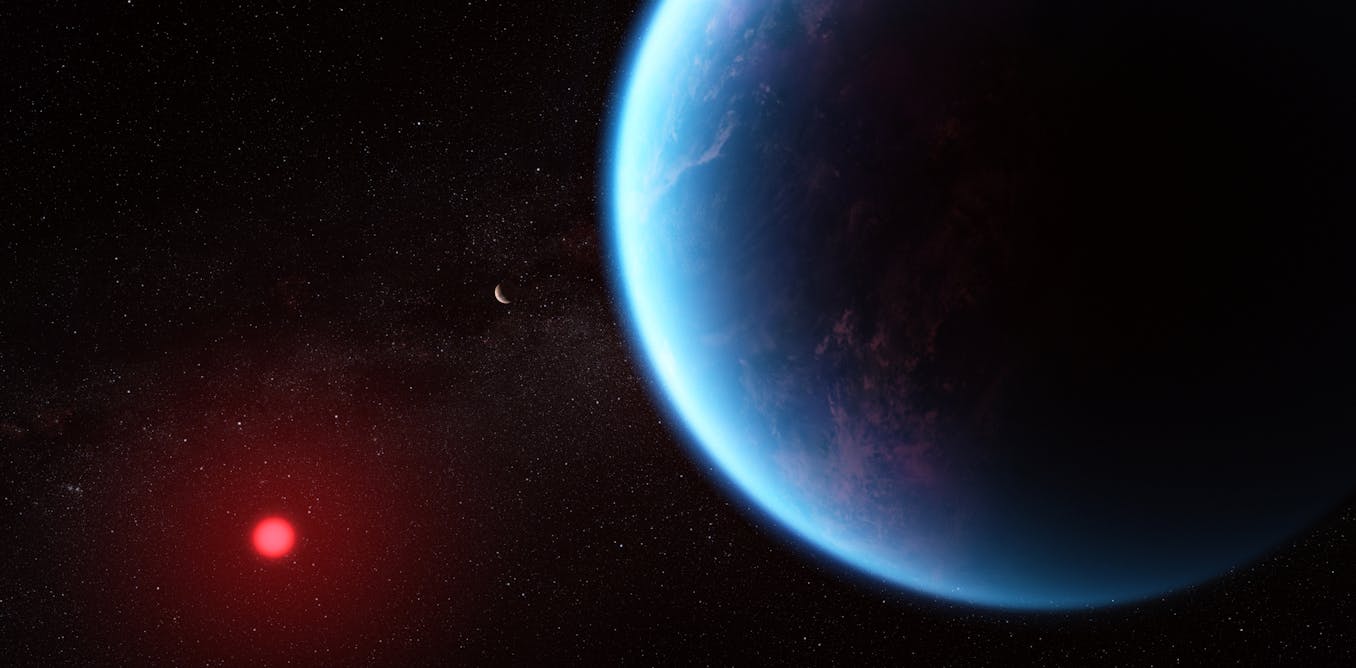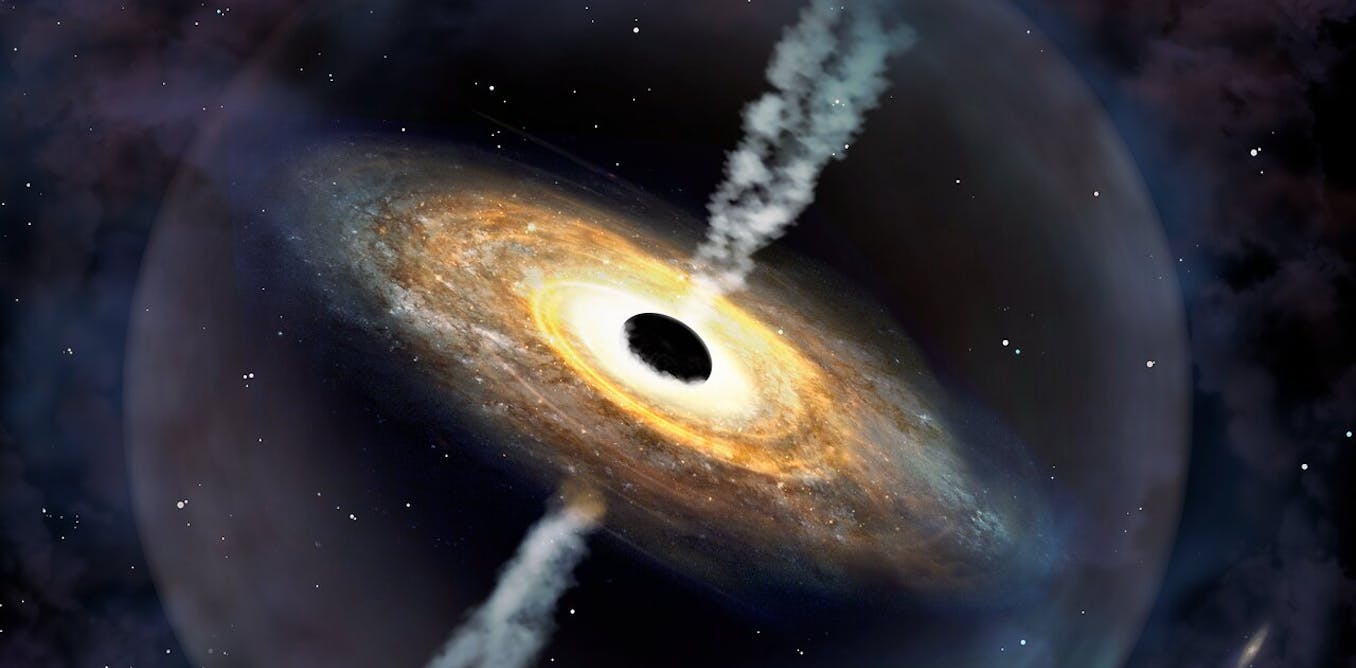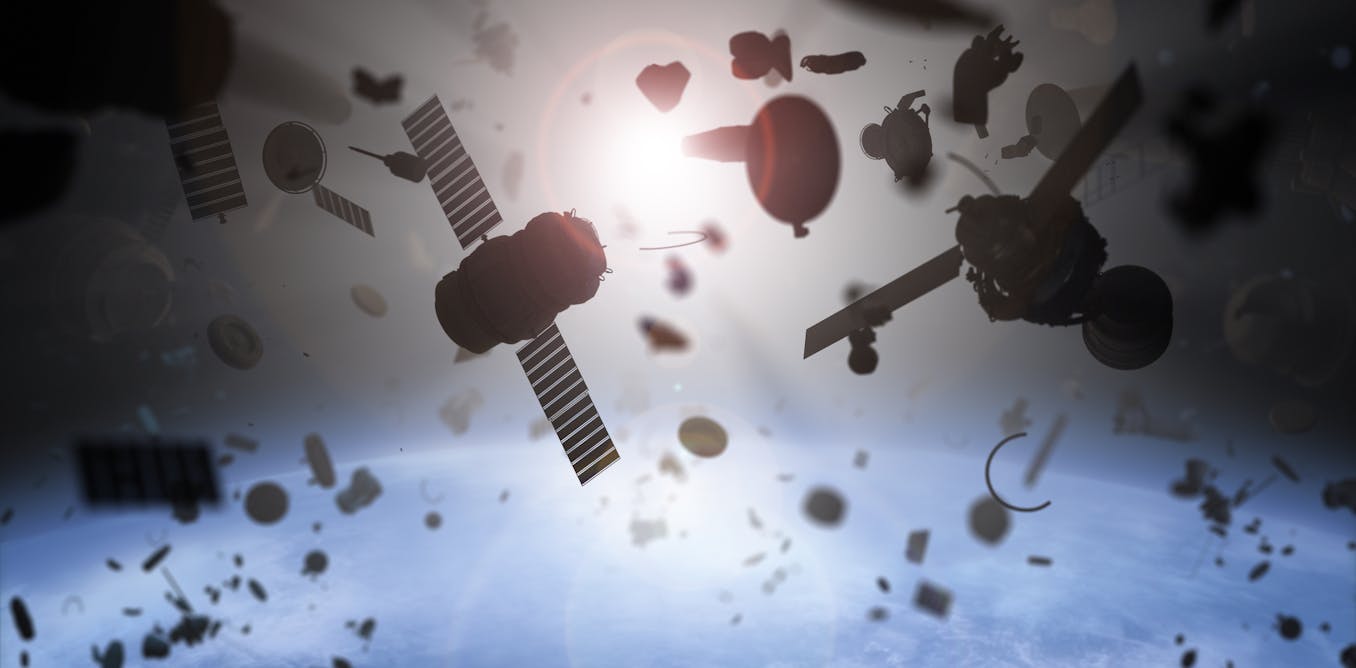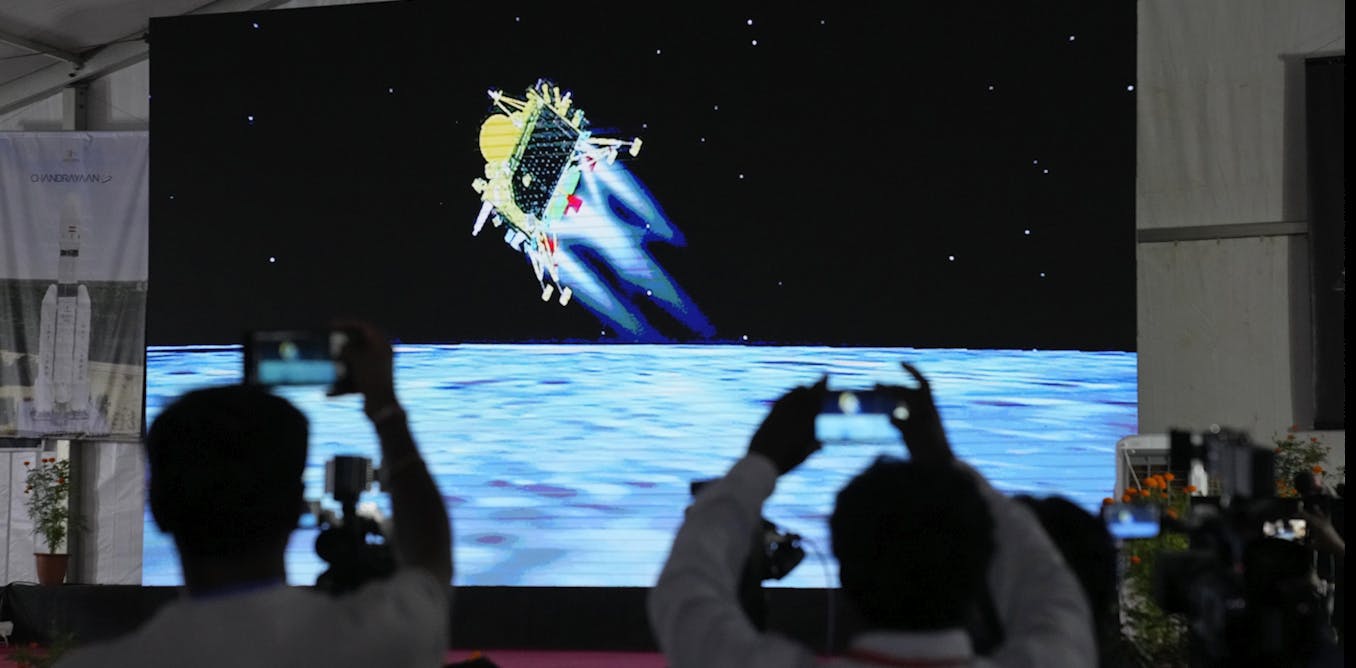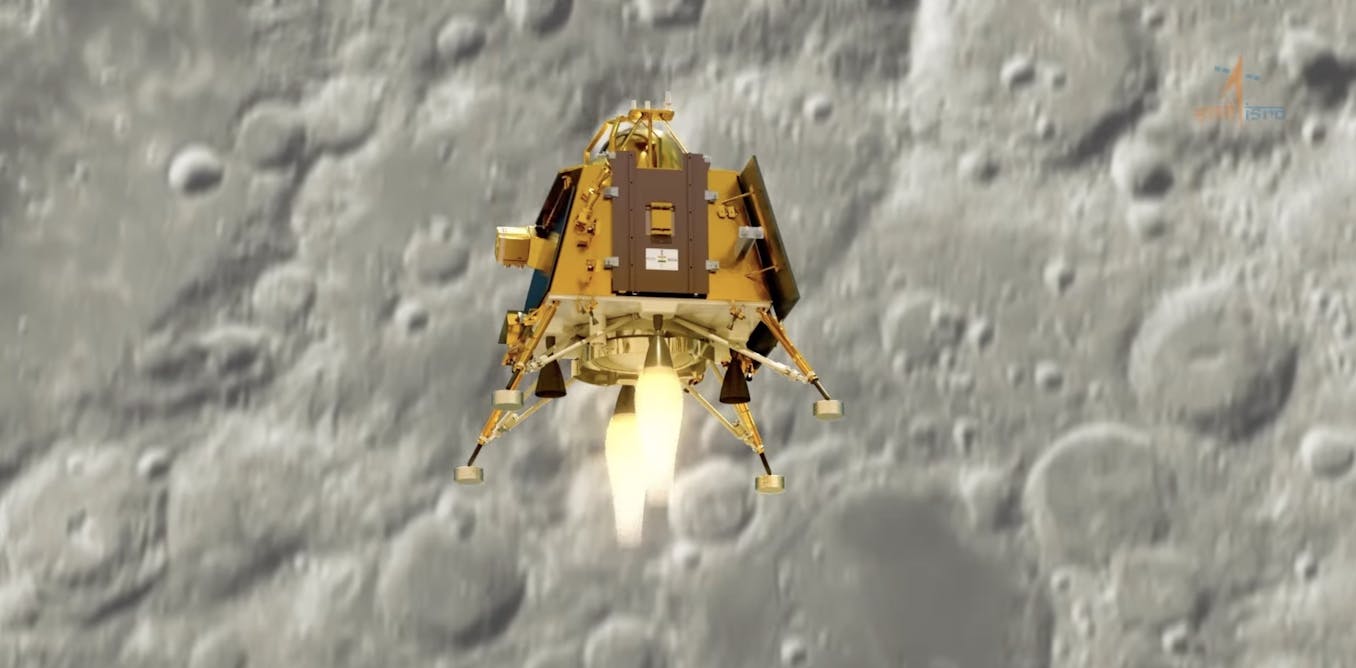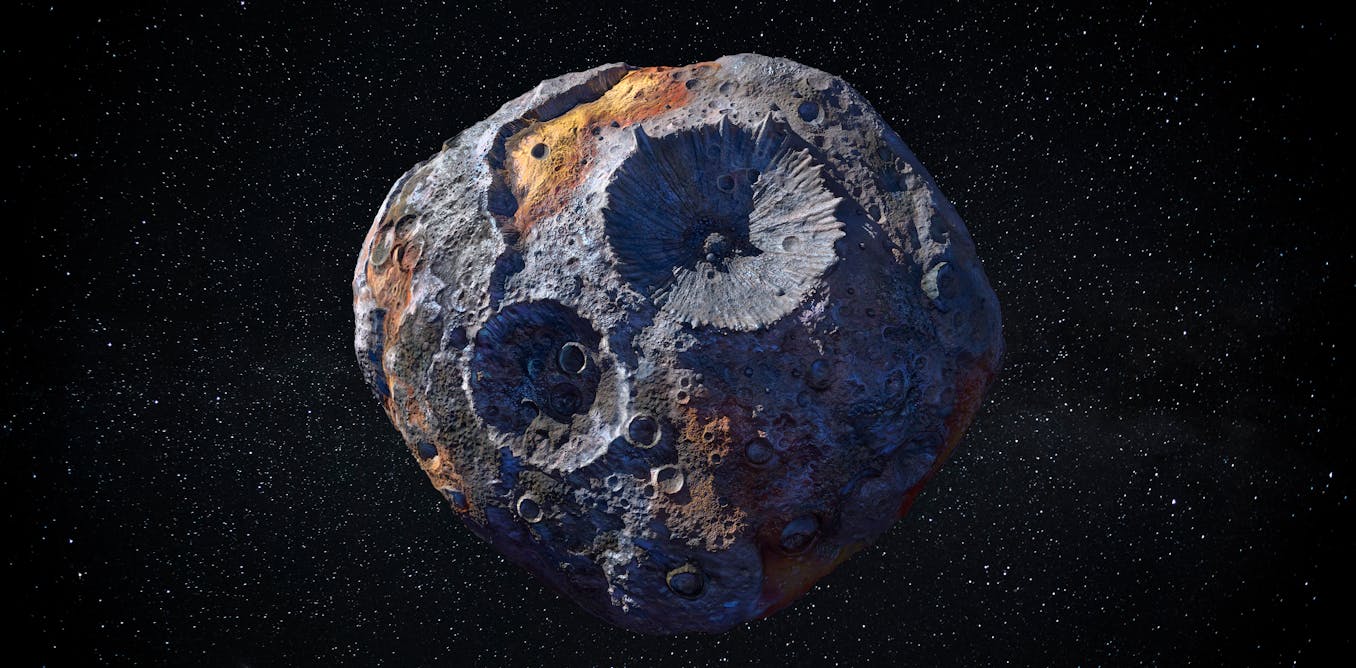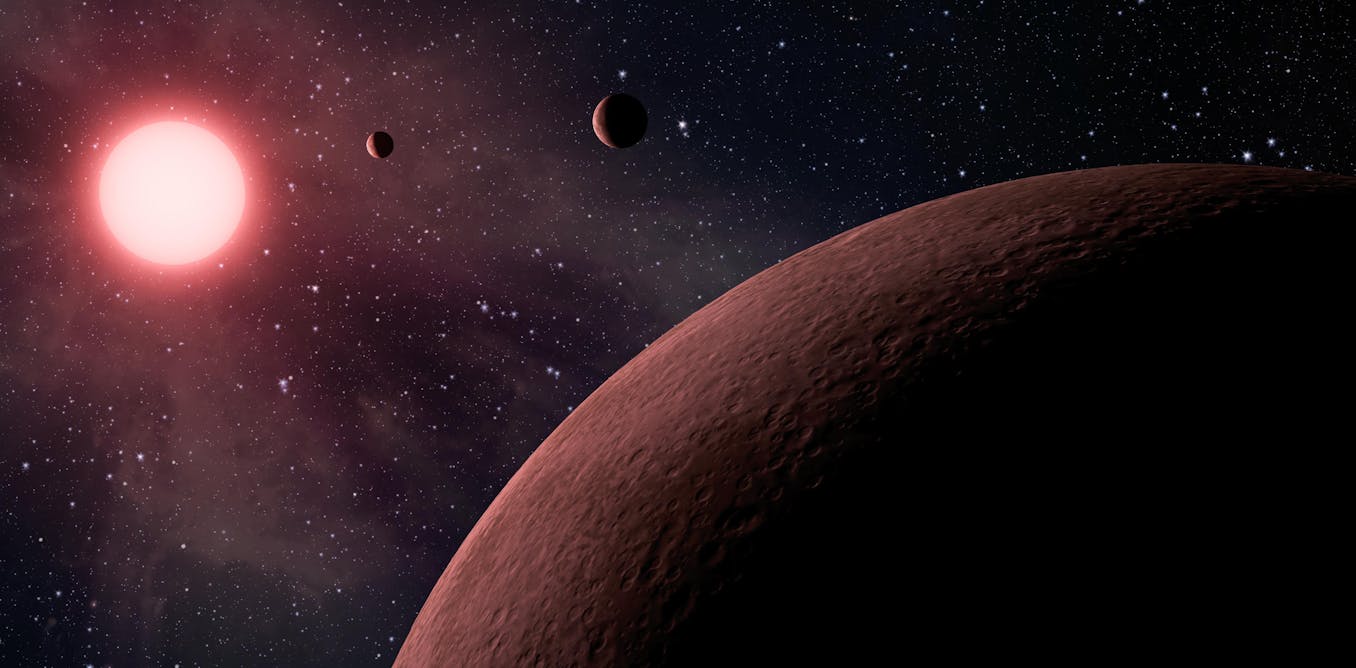Heating and cooling space habitats isn't easy -- one engineering team is developing a lighter, more efficient solution
You can’t bring your AC to space, unfortunately, but innovative flow boiling and condensation research might lead to lighter, more efficient heating and cooling on spacecraft.
Sept. 14, 2023 • ~8 min


